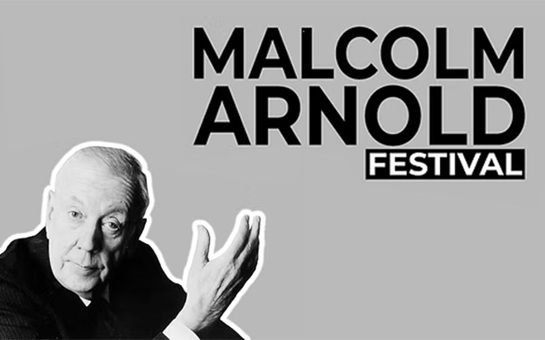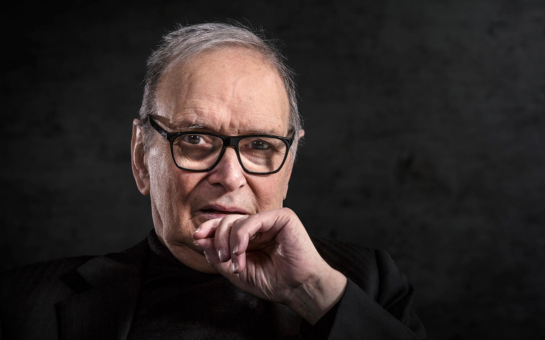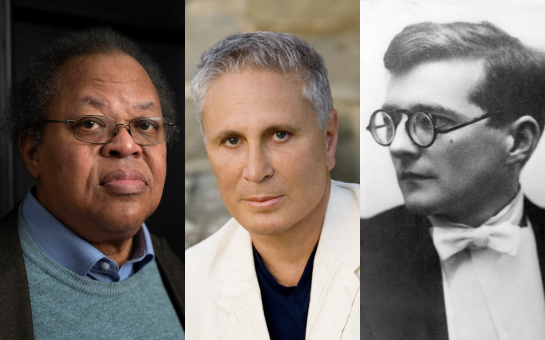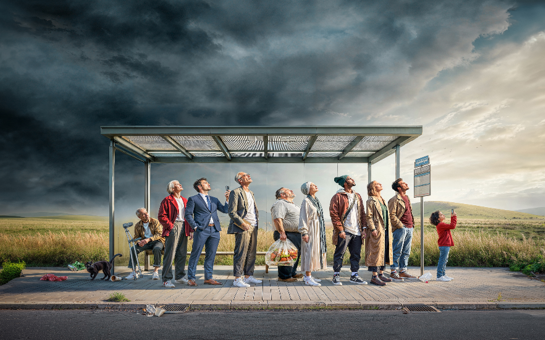The one-act opera, to a libretto by Joe Mendoza after William Wycherley’s Restoration comedy, was written in 1952, a remarkably fertile period when Arnold – whose centenary falls in 2021 - composed many of his best-loved works; among them Symphony No. 2, the ballet Homage to the Queen and film scores to David Lean’s Hobson’s Choice and The Sound Barrier.
The Dancing Master was conceived as a television opera. It was initially offered to the BBC who rejected it on the grounds that it was “too bawdy for family audiences”, the producers perhaps displaying their sensitivity to the suggestive overtones of Wycherley’s 17th century drama. Following a similar rejection from Granada TV, Arnold shelved the piece and, save for a single amateur concert performance with piano in the 1960s, the opera went unheard until it was recorded for broadcast by the BBC National Orchestra of Wales in 2006. The first public performance of the complete work with orchestra took place at the Malcolm Arnold Festival in Northampton in 2012, with the first staged production following in 2015 at the Guildhall School of Music and Drama in London.
On hearing the opera, it quickly becomes apparent that the 1950s television producers overlooked a score of the uppermost calibre, composed at a time when Arnold was at the height of his powers and combining his trademark orchestral sound with lyricism, wit and humanity.
The new recording features a fine cast of British singers. Soprano Eleanor Dennis stars as the heroine Miranda with tenors Ed Lyon and Mark Wilde vying for her affection as her rival suitors. Mezzo soprano Catherine Carby plays Miranda’s cunning maid Prue, doing everything in her power to outwit an over-protective aunt Mrs Caution (contralto Fiona Kimm) and dominating father Don Diego (bass-baritone Graeme Broadbent). They are accompanied by the BBC Concert Orchestra conducted by John Andrews.
On hearing the opera, it quickly becomes apparent that the 1950s television producers overlooked a score of the uppermost calibre, composed at a time when Arnold was at the height of his powers and combining his trademark orchestral sound with lyricism, wit and humanity.





